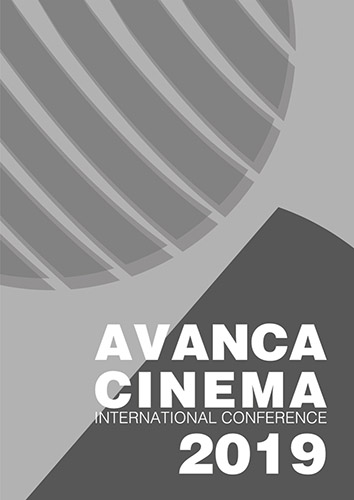Chapter V _ Guests
Manoel de Oliveira: a inevitabilidade da memória
Abstract
In Cinematographic Poem (29/11/1986), Manoel de Oliveira claims:” We are left with the memory/Of the life we lived/which becomes the food/ Life itself feeds on/The possibility of art itself.” The filmmaker-poet defines memory as the creative impulse behind filmmaking. Visit or Memories and Confessions (1982/2015), Voyage to the Beginning of the World (1997) and Porto of My Childhood (2001) are but examples of how art can build the memory. In these films, Oliveira’s camera becomes what he calls the” memory reservoir” where objectivity and subjectivity meet. In the words of João Bénard da Costa, referring to Voyage to the Beginning of the World, it is the vision you get through the rear-view mirror. The going back of time to time, the time labyrinth of spaces and objects, redemption or the refusal of a Proustian look, they all allow one a journey beyond time that only memory can undertake. In these films, Manoel de Oliveira recalls spaces and times. The memory of photos and objects, homemade films, archive footage, ethereal characters, real spaces and acting spaces become the inevitable lever of cinematic creation. Intertextual games and time collages help build the memory path in filmmaking. With Oliveira, memory, captured between fiction and documentary, defines the inevitability of art. Is it the recovery of lost time or the total awareness of the filmic nature of time? Memory is just something inevitable and urgent.

This work is licensed under a Creative Commons Attribution 4.0 International License.

